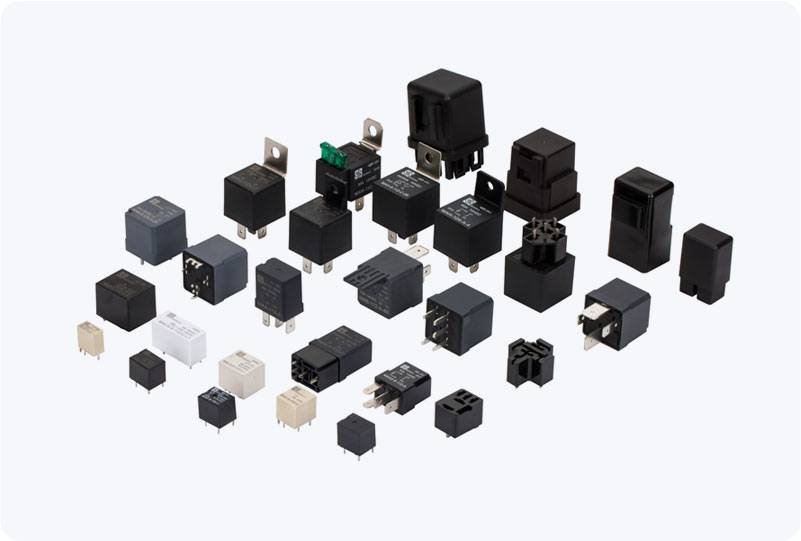Ground Fault Protection Relay (GFPR) is an essential safety device used in electrical power systems to detect and protect against ground faults. Ground faults occur when the current in an electrical circuit inadvertently finds its way to the ground, potentially causing severe damage to equipment, fire hazards, or even electric shocks to personnel. The Ground Fault Protection Relay plays a pivotal role in identifying such faults and ensuring that the affected circuit is isolated quickly to prevent further risks. This article will explore the working principle, types, applications, and importance of Ground Fault Protection Relays in electrical safety.

What is a Ground Fault? A ground fault occurs when an unintended path is created for the current to flow to the earth, bypassing the intended path through the electrical conductor. This typically happens when an electrical wire comes into contact with a grounded surface, such as metal parts of a machine or electrical panel. Ground faults can be caused by insulation breakdown, physical damage to wires, or moisture intrusion, among other factors. The resulting current flow to the ground can lead to a range of dangerous consequences, including equipment damage, fire, and personal injury.
Function of Ground Fault Protection Relay